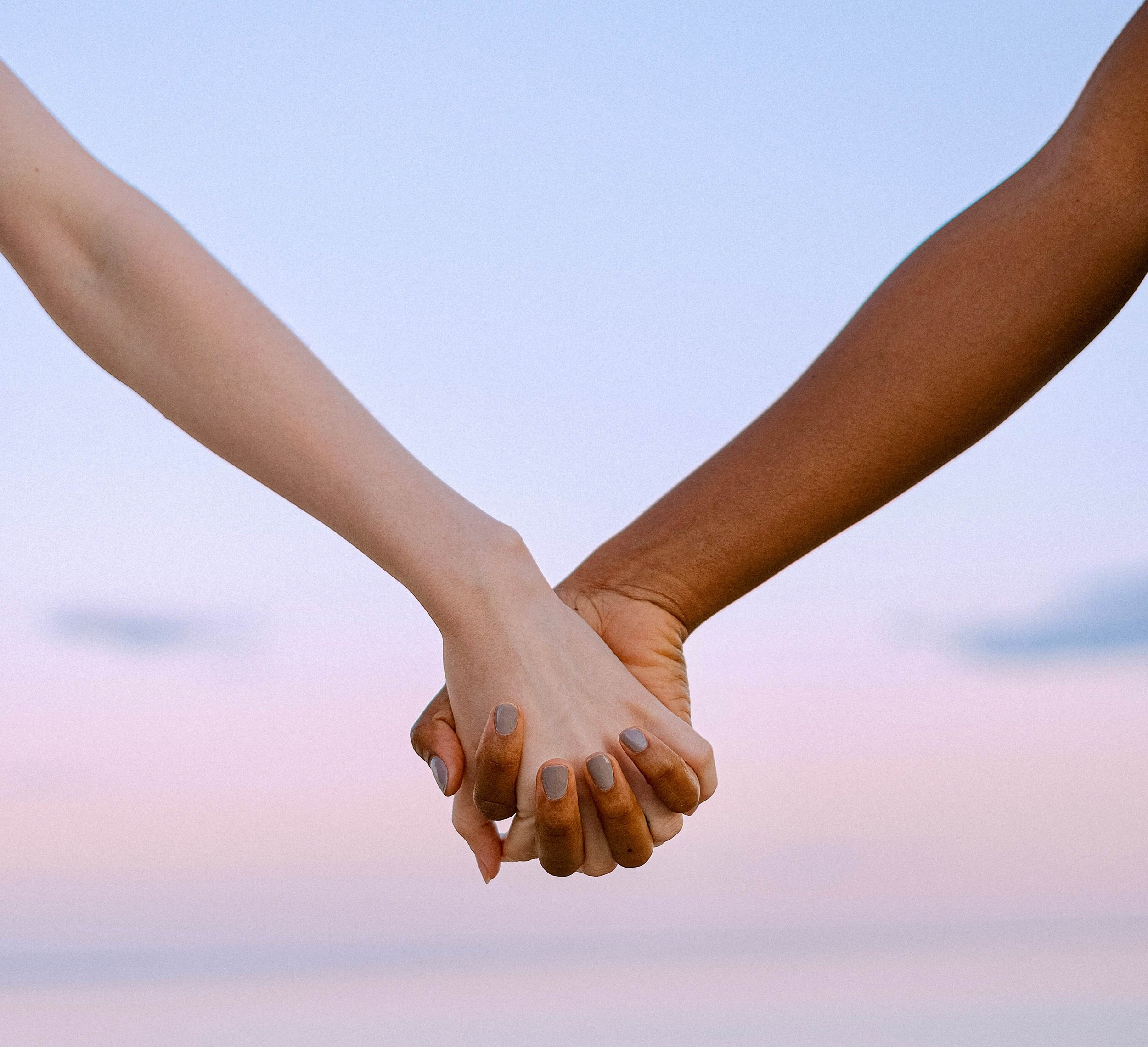Human Family
I recently spent some time at Chicago’s O’Hare airport and was struck by the glimpse that airports can offer into the variations of humankind. Walking O’Hare’s wide corridors, I took in the sizes, colors, heights, postures, expressions, hairstyles, and clothing of the people around me and marveled at how very different we can be from one another. As I arrived in the baggage claim area, however, and saw people hugging, laughing, and weeping as they reunited, I was reminded that our dissimilarities pale in comparison to our similarities.
There is so much divisiveness in our country these days. Some attribute this to the differences between us. But must difference lead to division? Maya Angelou didn’t think so, and neither do I—not if we’re willing to acknowledge that the ways we are different are much less profound than the ways we are alike.
Human Family
by Maya Angelou
I note the obvious differences
in the human family.
Some of us are serious,
some thrive on comedy.
Some declare their lives are lived
as true profundity,
and others claim they really live
the real reality.
The variety of our skin tones
can confuse, bemuse, delight,
brown and pink and beige and purple,
tan and blue and white.
I've sailed upon the seven seas
and stopped in every land,
I've seen the wonders of the world
not yet one common man.
I know ten thousand women
called Jane and Mary Jane,
but I've not seen any two
who really were the same.Mirror twins are different
although their features jibe,
and lovers think quite different thoughts
while lying side by side.
We love and lose in China,
we weep on England's moors,
and laugh and moan in Guinea,
and thrive on Spanish shores.
We seek success in Finland,
are born and die in Maine.
In minor ways we differ,
in major we're the same.
I note the obvious differences
between each sort and type,
but we are more alike, my friends,
than we are unalike.
We are more alike, my friends,
than we are unalike.
We are more alike, my friends,
than we are unalike.

